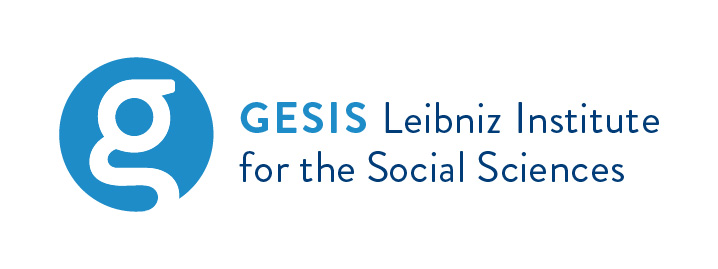The effects of monetary incentives on the response rate in mail surveys on self-reported criminal behavior. Theory and empirical results of an experiment
Abstract
In order to minimize non-response in mail surveys it is recommended to use monetary incentives for the respondents. From the Perspective of both the theory of social Exchange and of rational choice it is assumed that such an incentive significantly increases the utility of participation for the respondents and compensates them for their costs. Further, it is assumed that the incentive raises feelings of obligation to fill out the questionnaire. However, the number of studies referring to this topic is still limited, especially in the German-speaking countries. In this paper, we report on the results of an experiment carried out in Dresden. In the context of a population survey, the experimental group received an incentive (5-euro bill) along with the questionnaire while the control group received only the questionnaire. While about 52% of those in the experimental group returned the questionnaire, only 28% of those in the control group did. This significant difference confirms the importance of prepaid monetary incentives in order to increase the response rate in mail surveys.
Full Text:
PDF (Deutsch)DOI: https://doi.org/10.12758/mda.2007.001
Refbacks
- There are currently no refbacks.
Copyright (c) 2016 Guido Mehlkop, Rolf Becker

This work is licensed under a Creative Commons Attribution 4.0 International License.

